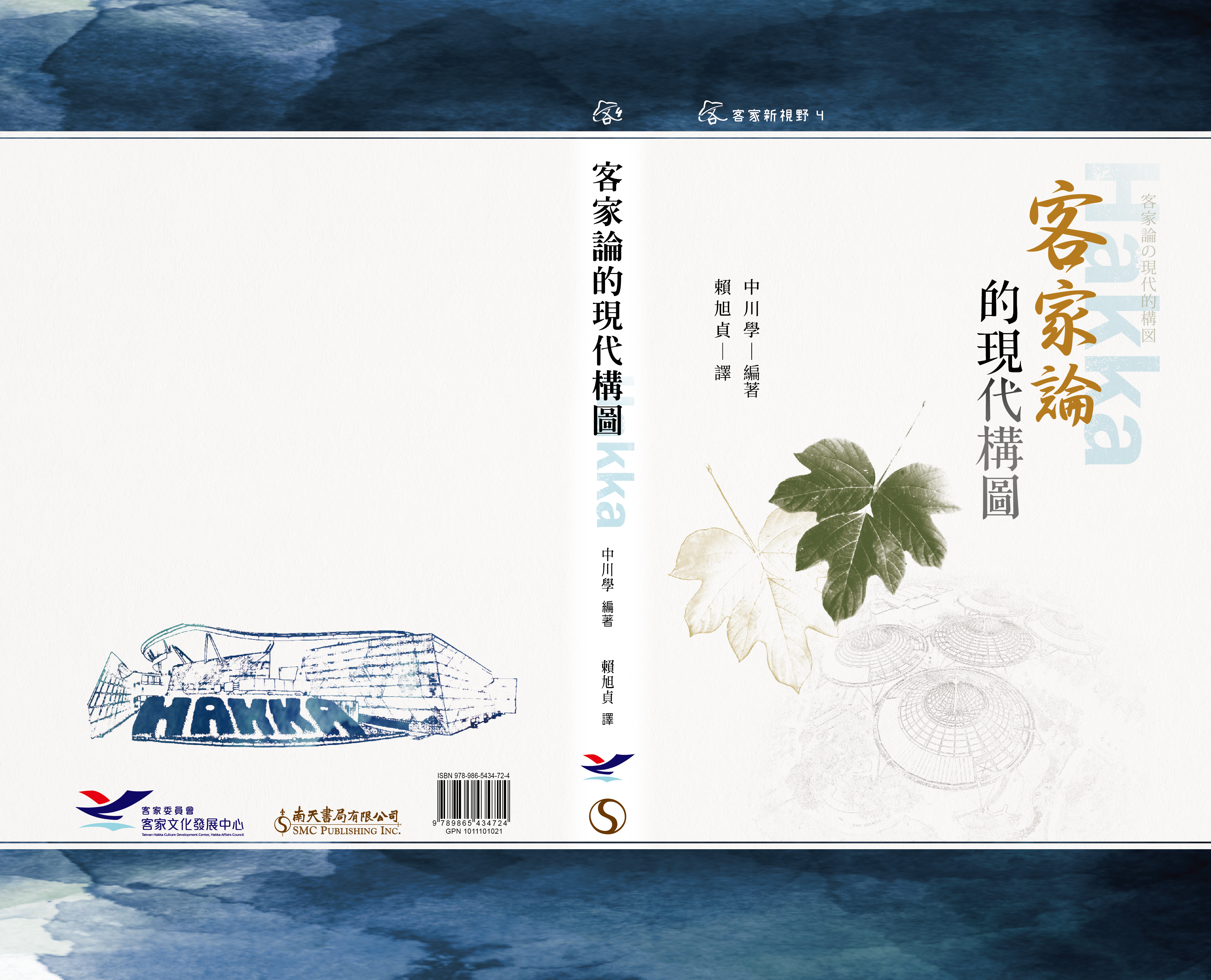
Research & Library
The Modern Composition of Hakka Studies
- Source:客家文化發展中心
- Publication Date:2022/08/31
- Last updated:2025/11/08
- Count Views:92

Authors: Nakagawa Manabu, Tai Kuo-hui, Hashimoto Mantaro, Lin Geng, and Sakamoto Hiroko
Translator: Lai Hsu-chen
Publication Date: First Edition, August 2022
The “Theory of Central Plains Origin,” advanced by scholars such as Lo Hsiang-lin, has long been a dominant perspective in Hakka studies and a key component of many Hakka people’s sense of ethnic identity. However, Japanese scholar Nakagawa Manabu, through extensive textual analysis and critical inquiry, reexamines this prevailing understanding of Hakka identity. He introduces two analytical concepts—“reality” (真實) and “fact” (事實)—to articulate a more nuanced view.
According to Nakagawa, “reality” refers to the realm of psychological and subjective consciousness, while “fact” denotes verifiable reality established through systematic academic inquiry. Based on this foundation, the book investigates the relationship and tension between “reality” and “fact” in the Hakka spirit, exploring how collective identity is formed, justified, and reconstructed.
Centered on Nakagawa’s essay “The Political and Economic Historical Image of the Hakka Chinese,” this volume examines themes such as Hakka political economy, ancestral origins, the Chongzhen (崇正) spirit, and social-economic organization, tracing the interplay between factual analysis and lived experience to construct a modern intellectual framework for Hakka studies.
In addition to Nakagawa’s work, this collection includes essays by Tai Kuo-hui, Hashimoto Mantaro, Lin Geng, and Sakamoto Hiroko, whose diverse perspectives opened new horizons in Hakka scholarship. Together, these writings not only compile foundational studies in the field but also showcase the intellectual dialogue and cross-cultural interpretations that continue to shape contemporary understandings of Hakka identity.
